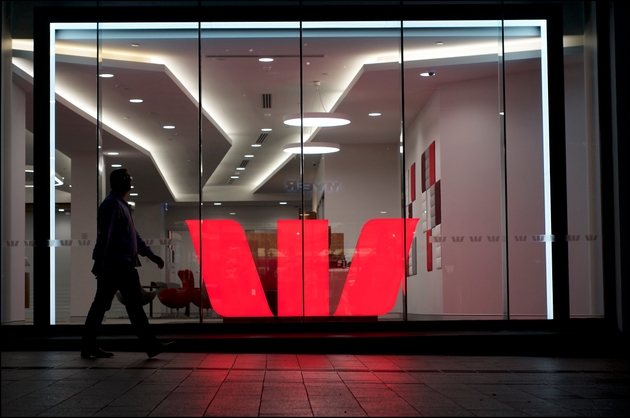In September of this year, JPMorgan helped Coherent Corp—a maker of lasers and optical equipment—refinance some of its debt with a new $1.25 billion private credit loan and a $700 million “revolving” credit facility. The deal contained a newly trendy clause in its legal paperwork: a “J.Crew blocker.”
The term refers to a 2017 incident in which the preppy clothing chain, under pressure from its creditors, utilized a “trap door” maneuver in which $250 million of its trademarks, including the name “J.Crew,” were moved to an entity in the Cayman Islands and then leased back to the company. That placed the assets out of reach of J.Crew’s creditors in the event of a bankruptcy. The new entity was able to raise a further $300 million in new debt—much to the dismay of the older creditors who wanted the opposite to happen.
JPMorgan and Coherent were both contacted for comment.
The J.Crew blocker in the JPMorgan-Coherent deal was interesting because in Q3 2025, 45% of private credit deals contained a J.Crew blocker, up from 26% the year before, and up from just 15% at the start of 2023, according to data from Noetica, a firm that advises on and analyzes private credit deals. Noetica’s database, which uses AI to sift contract language, covers more than $1 trillion in transactions and the company advises “nearly all” of the top 20 corporate law firms in the U.S.
That’s not all. Lenders to corporate America—often big banks generating broadly syndicated loans that are sold on public markets—are getting stricter with their borrowers on a range of legal issues inside private credit deals, Noetica’s data indicates. While default rates and covenant breaches are not currently at unusual levels, the fact that banks are behaving as if they need to prepare for future negative consequences is significant, according to Noetica CEO Dan Wertman.
“What the data supports is that lenders are quietly preparing for some distress on the horizon, and we see that in the data with the increasing structural protections existing in new credit deals,” he told Fortune.
“Personally, I would interpret that as lenders are anxious about the future of these credit markets, and that’s being reflected in the terms.”
Among those terms is the rise of “anti-Petsmart” language. This refers to a controversy in 2018 when Petsmart, having acquired the online pet store Chewy for $3 billion, transferred a chunk of that stake to an “unrestricted” subsidiary of the company that was not subject to the guarantees required by Petsmart’s lenders. The move put the Chewy stake out of reach of the company’s creditors, making their lawyers very angry.
Back in 2023, only 4% of private credit deals tracked by Noetica contained anti-Petsmart language. In Q3 2025, 28% of contracts have it.
Similarly, a form of protection against a company taking on new debt or moving older creditors to the back of the line without the unanimous consent of existing creditors now occurs in 84% of deals, according to Noetica. The level of this so-called lien subordination protection was just 42% last year.
Leverage ratios are in decline, too. Leverage ratios are the amount of money lenders are willing to give companies in relation to their profits as defined by earnings before interest, taxes, depreciation, and amortisation (EBITDA).
It’s not all doom and gloom. Wertman says lenders have become more flexible in the way they let borrowers spend money. Over the same time periods, Noetica’s database of thousands of private credit contracts indicates that borrowers got more leeway to make investments, pay dividends, and more generous terms in how they calculate their EBITDA.
Wertman is careful to say he does not know why private credit deal terms are getting stricter, just that they are.
“Terms never move by accident,” he says. “These are sophisticated parties with highly sophisticated data sets and thought processes behind these deals. So I wouldn’t think about it as an accident. I would think about it as this is reflecting what lenders and borrowers are currently thinking of the market.”
There have been small cracks in the credit market recently, sources have told Fortune. We previously reported that covenant defaults—technical breaches of loan terms rather than payment failures—rose from 2.2% in 2024 to 3.5% currently, according to proprietary data from Lincoln International shared with Fortune. And payment-in-kind (PIK) deals, where struggling companies defer interest payments, went from 6.5% of deals in Q4 2021 to 11% today.
Similarly, Kroll Bond Rating Agency told Fortune that it estimates defaults will peak at 5%, based on its analysis of 2,400 companies carrying $1 trillion in private debt.
This story was originally featured on Fortune.com

 13 hours ago
1
13 hours ago
1








 English (US) ·
English (US) ·